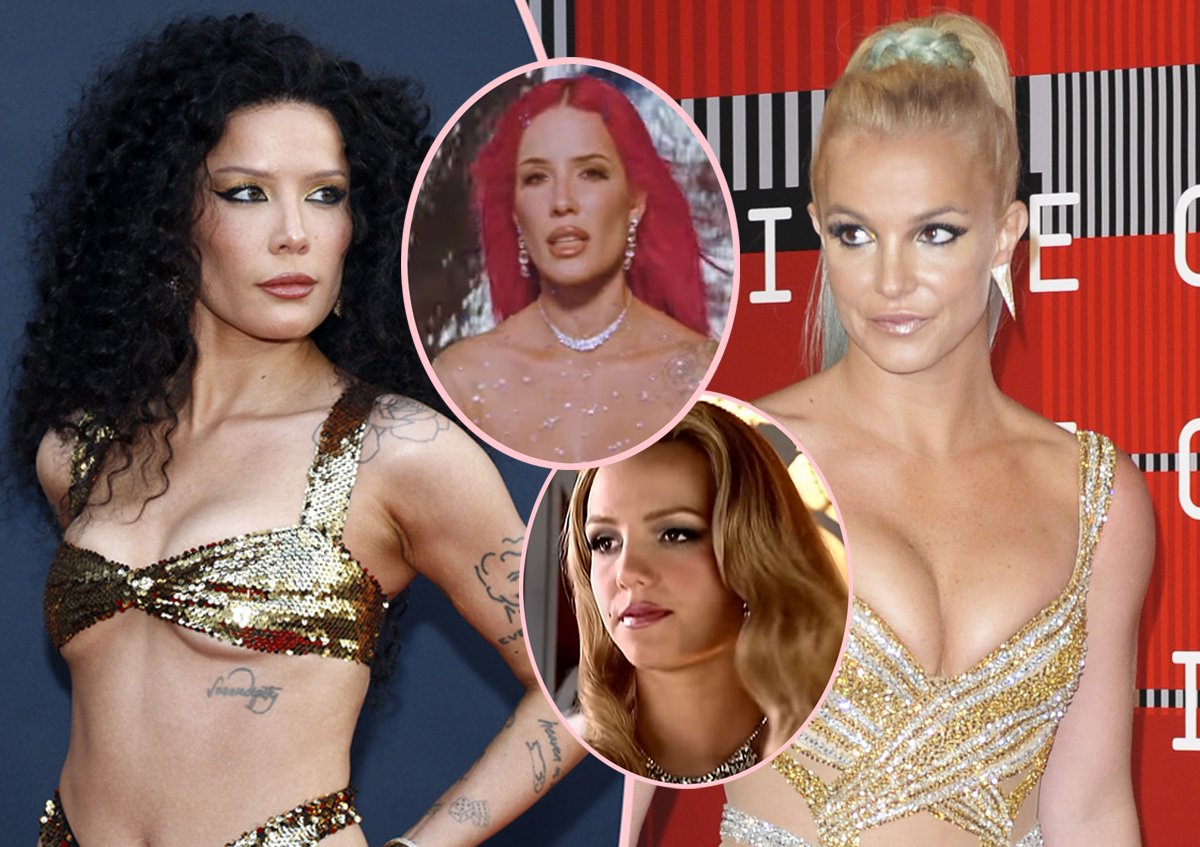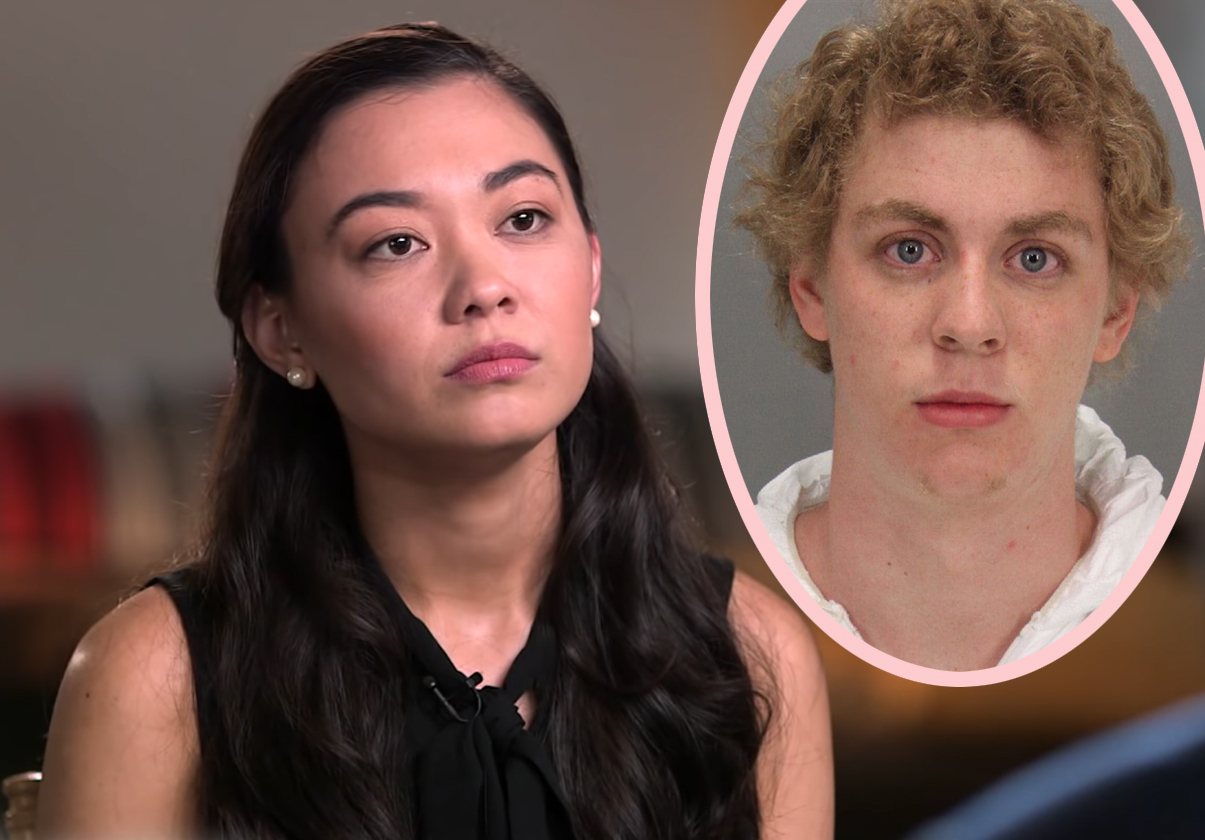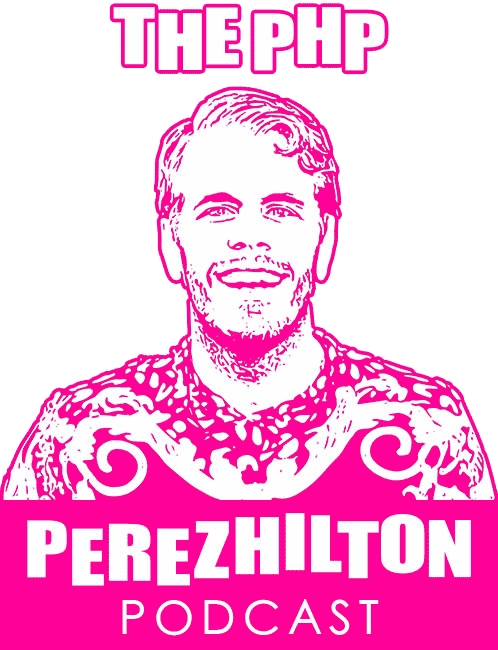One of the biggest, most outrage-inducing stories in 2016 — a year of awful news — was that of Brock Turner, the Stanford rapist.
After being found guilty of sexually assaulting an unconscious woman outside a frat party, the swimmer was infamously given a slap on the wrist prison sentence of just six months, of which he served just three.
But this isn’t his story.
Related: Brad Pitt Compares Harvey Weinstein To Charles Manson
No, the victim in the case, who went by the anonym “Emily Doe” throughout the trial, has now gone public with a memoir about her experiences. On Sunday, in an interview with 60 Minutes, she explained how the events of that night, the trial, and all the viral awfulness which followed affected her.
Her name is Chanel Miller, and this is her story.
Contents [hide]
What She Remembers
That night in 2015, Chanel was at a party with her sister.
She was not a student at Stanford University; at 22, she had already graduated from college. But she lived in Palo Alto, right next door, and her younger sister was home for the weekend. Chanel thought a college party would be a fun thing to do together.
She describes a “typical fraternity scene” with “a lotta red cups.” She got drunk on a combination of whiskey, vodka and champagne.
“I was dancing on top of a chair. And my sister was sort of coaxing me down to stop embarrassing her.”
Shortly afterward she passed out drunk.
When she awoke, it was in a hospital, bruised and disoriented, surrounded by nurses and a deputy. They only kind of told her what had happened. She recalls:
“All they said was that I had been found and that somebody had been arrested. And that he had been chased down because he had been acting hinky. ‘Hinky’ was the word the detective used.”
They didn’t tell her about the two witnesses, the passersby who saw her being assaulted and stopped it, and even chased down the man violating her.
Even after the deputy asked her if she would be willing to take a rape kit test, she didn’t grasp what had happened.
“I just thought I had passed out somewhere and that there was a suspicious man at the party who had behaving in an odd way. I had no idea that he was connected directly to me in any way.”
For ten days after, she heard nothing about the incident, not from the police or from the hospital.
She says she just tried to move on.
“In order to survive, you just shut everything down. You have to function. You have to go to work in the morning. So it’s much easier to just repress everything. Of course, I had questions. I woke up and didn’t have underwear. Why is that? No one tells me where it went. But you just have to keep living.”
She eventually found out what had happened to her in one of the worst ways imaginable. On the internet.
The Media Coverage
Chanel saw an article online about the assault of an “intoxicated, unconscious woman” on the Stanford campus and knew immediately it was about her:
“It was surreal having the news broken to me by the internet. I was alone, sitting at my desk, surrounded by coworkers, reading about how I was stripped and then penetrated and discarded in a bed of pine needles behind a dumpster. And that’s how I figured out all of those elements. And they all added up. And I finally understood.”
Just seconds after learning what had happened, she began experiencing the disgusting backlash against her.
“The first thing I did after reading the article was read the comments. And there were many hateful words… ‘What was she doing at a frat party? This isn’t really rape. Why was she alone? She’s the predator ’cause she’s older. Why would you ever get that drunk?’ It was endless.”
Chanel couldn’t believe how she was being treated by people, in many cases worse than the man who assaulted her. Just because she chose to go get drunk at a party. She says:
“Rape is not a punishment for getting drunk. And we have this really sick mindset in our culture, as if you deserve rape if you drink to excess. You deserve a hangover, a really bad hangover, but you don’t deserve to have somebody insert their body parts inside of you.”
So sad someone has to state that.
One of the ways the media itself failed in this case was the framing of the story. Many critics noted at the time how Brock Turner was regularly referred to in headlines as the “Stanford Swimmer” or “Swimming Champion” instead of the more pertinent “Alleged Rapist.” Chanel noticed as well, saying:
“I didn’t understand why it was relevant when you’re also reporting that my lower half was completely exposed. That my necklace was wrapped around my neck. That my hair was disheveled. That my bra was only covering one breast and the rest was pulled outta my dress. I don’t understand why it is relevant how quickly he can move across a body of water in the context of that article.”
For her, this all seemed more concerned with how his life was affected than hers:
“They were framing it like he had so much to lose and were not focusing on what had already been lost, for me.”
The Trial
While Chanel’s name was kept out of the press during the trial, she did learn she would have to face Turner in court.
“It was absolute dread. And I went to a therapist, almost like a personal trainer, and said, ‘You have three weeks to get me mentally ready.’ But until then I thought, ‘You have to drag me into the courtroom, ’cause I’m not going to go.'”
She remembers the courtroom as a cold, intimidating environment.
“I remember standing outside the courtroom doors and there’s a very thin sliver of window in the door where you can look in. And I remember seeing the back of Brock’s head and his neck. And I thought, wow, this is, this is him.”
Even with that fear, Chanel wasn’t ready for what would happen.
Turner’s statement changed from after he was first arrested. Suddenly he had added more details, including meeting and dancing with Chanel, and critically, her specifically verbally consenting to sex with him, something he did not tell police in his initial interview.
“The new narrative was extremely convenient because he needed consent. He needed the word, ‘Yes.'”
This all enraged Chanel, who remembers thinking:
“I thought you were bound by the truth. I thought those are the rules. That’s how court works…
After Brock’s testimony, it felt like all rules had been abandoned. He will go to any end to come out of this without a guilty conviction. And for me, it felt like how many times can we make her relive this.”
The most disgusting detail?
In his description of the events of that night, Turner not only painted a portrait of the interaction as completely consensual, even *disturbingly* romantic — he told the court he gave Chanel an orgasm.
Chanel recalls:
“Oh I was livid. I didn’t understand why it had been allowed to go that far.”
During the trial, Chanel had to listen to her rapist’s testimony without saying a word. She was forced to sit there as photos of her half-naked, unconscious body were shown to the jury. And she was questioned harshly by Turner’s lawyer, who she recalls kept cutting her off once he got the answers which fit his narrative.
“And I remember in court, the defense attorney always said, ‘Chanel has no memory. Chanel has no memory.’ And I remember sitting there and thinking, ‘I will remember everything. I will remember every remark. I will remember the lighting inside this courtroom. I will remember the texture of the defense attorney’s hair. I will remember the depth of the pain you made me feel. I will remember it. And I will record it. And I will write it so that it will not be lost.'”
Brock Turner was found guilty.
And all those memories, all those moments of people sticking up for this man, who was seen by multiple people assaulting her, went into the writing of her now famous victim impact statement.
She explains how the document, which was meant to help the judge reach a sentencing decision, was a chance for her to finally take some control:
“It’s basically documentation of your thoughts and feelings throughout this process. And I majored in literature, which was basically four years of talking about my feelings and reading about other people’s feelings. So I thought, wow, there’s an assignment that exists in the world that I was made to do.”
She kept notes through the trial of how the whole ordeal was affecting her, so she was ready. She stayed up one night and wrote the whole thing in one go.
You can watch her read it in its entirety (below):
The Sentence
As you know, Turner was sentenced to just six months, despite the fact prosecutors were asking for six years. While Judge Aaron Persky said he took into account her statement, he also noted the convicted rapist’s otherwise good character and the impact all this would have on his life.
With good behavior, he would serve just 90 days. Chanel recalls:
“I was in shock. So you’re saying I just put aside a year and a half of my life so he could go to county jail for three months. There are young men, particularly young men of color, serving longer sentences for non-violent crimes, for having a teenie-weenie bit of marijuana in their pockets. And he’s just been convicted of three felonies. And he’s gonna serve one month for each felony. How can you explain that to me?”
Judge Persky, who was recalled in a special election shortly after all this, may not have been impacted by her statement, but the rest of the world was.
Statement’s Impact
Buzzfeed asked if they could publish the entire thing online, and she agreed, though with reservations:
“I didn’t think it would take off anywhere. And I actually felt really vulnerable again thinking why am I putting myself out there one last time? You know, who’s going to sit and read through this entire thing? But then the views started trickling in and soon it was 100,000, then 500,000. And by the end of the day, it was a million.”
Within a week the statement had been viewed over 11 million times on Buzzfeed alone, but it was also picked up EVERYWHERE. Several members of Congress read from it on the floor. It was one of the sparks which lit the fuse on the powder keg which was the #MeToo movement.
In those early days, Chanel says she got thousands of letters and emails from people who had experienced something similar but had never been able to say what she had:
“So many survivors. And sometimes they would say, ‘You are the first person I’m telling this to, or this is the first time I’ve been able to speak in six years’…
And it was really like medicine. Reading these was like feeling the shame dissolve, you know bringing all the light in.”
And she was about to let a lot more light in.
Going Public
For months Chanel had lived in a state of depression. She remembers:
“I would just sit at work and do nothing. I would stare at the screen, and then I would come home and I wouldn’t sleep. And so physically, I began breaking down.”
Throughout the media circus, she was overwhelmed with fear her name would be made public:
“I felt if anyone ever found out that that was me, that it would be absolutely humiliating. I felt dirty and embarrassed. I, my dream is to write children’s books. I felt no parent is going to want me as a role model, if I’m just the discarded, drunk, half-naked body behind a dumpster. Nobody wants to be that.”
But something changed how she looked at all this.
“Well, when I was reliving all of this, I thought, ‘Well, the same night the assault happened, a miracle also happened,’ which was that I was saved. And thinking of the two Swedes who knew to do the right thing, and who wanted me really to be okay, always gave me hope.”
60 Minutes actually gave Chanel the chance to meet the two Swedish students, Peter Jonsson and Carl Arndt, who saved her and tackled Turner until the police could get there.
See that meeting, and her reaction to it (below):
The strength of the hope her heroes gave her, paired with the response to her statement, made her realize she could go public.
She spent the next couple years writing her entire experience into a memoir called Know My Name, which will hit bookstores on Tuesday, September 24.
Considering everything else we’ve heard from her, it’s sure to be a powerful read.
In the meantime, see more from her 60 Minutes interview (below):
[Image via 60 Minutes/YouTube/Santa Clara County Sheriff’s Office.]




































